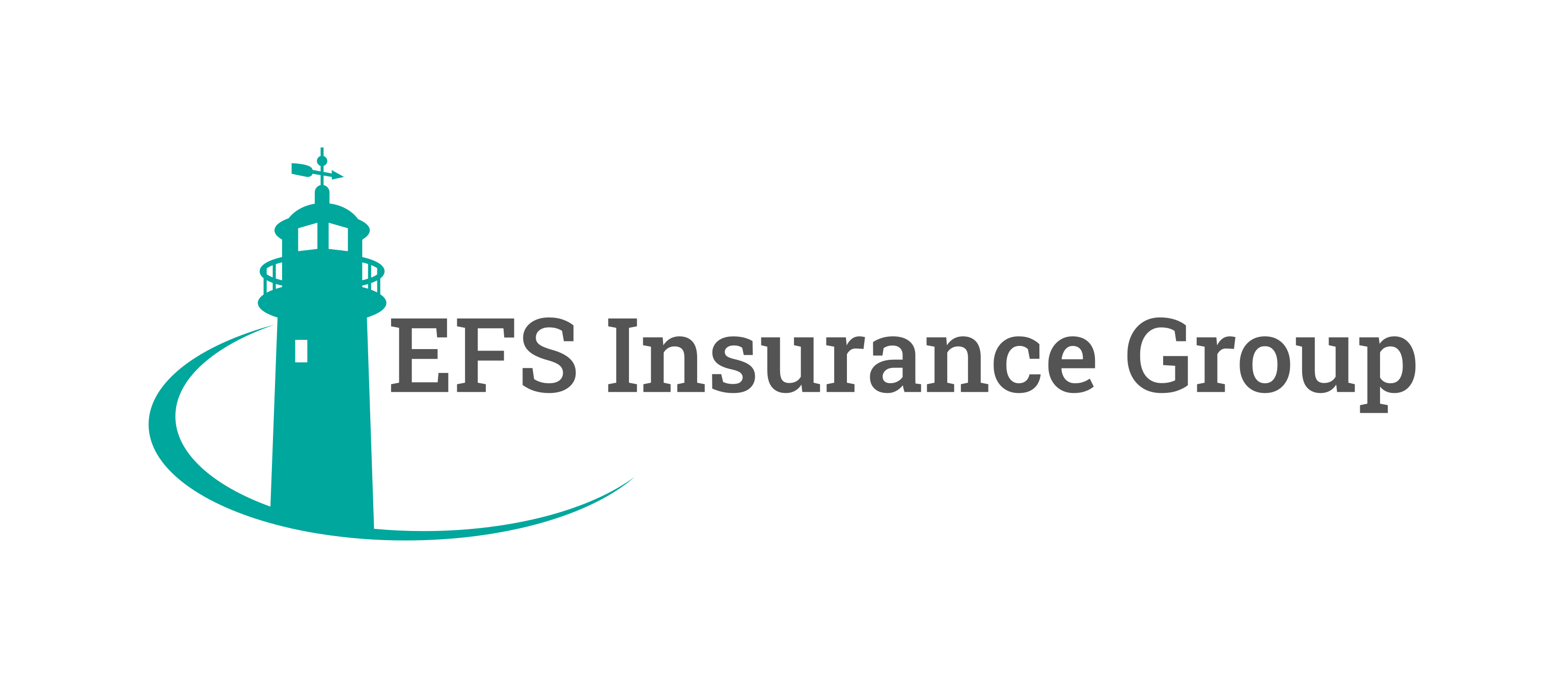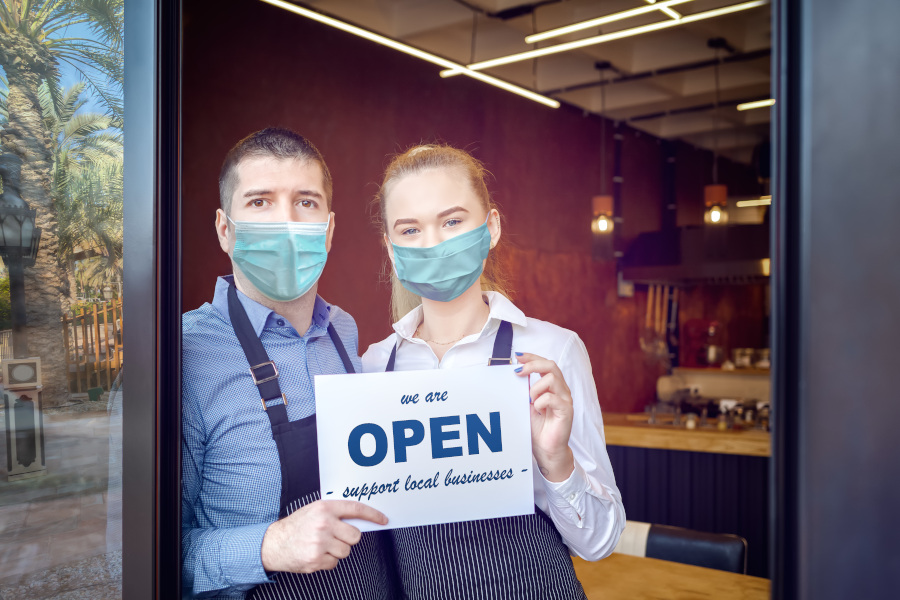What is Commercial General Liability (CGL)?
A Commercial General Liability (CGL) policy protects your business from financial loss should you be liable for property damage or personal and advertising injury caused by your services, business operations or your employees. It covers non-professional negligent acts. Understanding this coverage is an important first step in managing CGL risks.
Here are just a few examples of situations in which your business could be responsible for paying various costs, such as medical and legal expenses, as well as compensatory and punitive damages:
- While visiting your business, a customer trips on loose flooring and is injured.
- An employee in your painting or construction business accidentally leaves water running, causing substantial damage to a customer’s home.
- A class action lawsuit is filed against your business, alleging advertisements constituted misleading information.
What commercial general liability insurance covers
A CGL insurance policy will usually cover the costs of your legal defense and will pay on your behalf all damages if you are found liable—up to the limits of your policy. CGL coverage is one of the most important insurance products, due to the negative impact that a lawsuit can have on a business and because such liability suits happen so frequently. Standard CGL includes:
Coverage A: Bodily Injury and Property Damage Liability
Bodily injury and property damage coverage provides protection against losses from the legal liability of insureds for bodily injury or property damage to others arising out of non-professional negligent acts or for liability arising out of their premises or business operations. Mental injuries and emotional distress can be considered bodily injuries, even in the absence of physical bodily harm.
Workers compensation and employment practices liability insurance are excluded but can be purchased as separate policies. In addition, pollution liability is excluded and can be purchased as an endorsement. However, this coverage is very limited, and high-risk businesses should consider purchasing a separate pollution liability policy. Liquor liability, professional liability and other risks may also be excluded. An insurance professional can help you to determine endorsements that are right for your type of business.
Coverage B: Personal and Advertising Injury
Personal and advertising injury liability protects an insured against liability arising out of certain offenses, such as:
- Libel
- Slander
- False arrest
- Infringing on another’s copyright
- Malicious prosecution
- Use of another’s advertising idea
- Wrongful eviction, entry or invasion of privacy
Coverage C: Medical Payments
Limited coverage for medical payments includes payments for injuries sustained by a non-employee caused by an accident that takes place on the insured’s premises or when exposed to the insured’s business operations. Medical payments coverage can be triggered without legal action. This provides for prompt settlement of smaller medical claims without litigation. It is included in the CGL policy and pays for all necessary and reasonable medical, surgical, ambulance, hospital, professional nursing and funeral expenses for a person injured or killed in an accident taking place at the insured’s premises or arising from business operations. There is no defense or legal liability coverage—as there is with bodily injury and property damage (Coverage A) and personal and advertising liability (Coverage B) —since coverage is provided on a no-fault basis.
Purchasing commercial general liability insurance
You can purchase commercial general liability insurance as a stand-alone policy, as part of a Business Owners Policy (BOP) or as part of a Commercial Package Policy (CPP). Consult with your insurance professional about what type of coverage you need and how much. If your general liability policy, BOP or CPP do not provide sufficient coverage, you may want to consider purchasing a commercial excess (umbrella) policy, which will provide additional protection.
Additional liability coverages to consider
Depending on your type of business, you may want to consider additional liability coverage that is not part of commercial general liability insurance. Talk with your insurance professional, risk manager and/or legal counsel regarding the types of coverages that you may need. The following is not exhaustive, but key types of insurance to consider include:
Directors and Officers liability
Directors and officers liability insurance protects past, present and future directors and officers of for-profit or nonprofit companies from damages resulting from alleged or actual wrongful acts they may have committed in their positions. The policy provides protection in the event of any actual or alleged error, misstatement, omission, misleading statement or breach of duty. In addition, some policies extend the same coverage to employees.
Liquor liability
Liquor liability insurance is business coverage that protects your business against loss or damages claimed as a result of a patron of your business becoming intoxicated and injuring himself or others. If your business manufactures, sells, serves or facilitates the use or purchase of alcohol, then your business will likely need this coverage. Liquor liability coverage may be sold as an add-on to a commercial liability policy or as a stand-alone policy. But, if you do not purchase this extra coverage, your standard commercial general liability policy does not protect your business against liquor-related claims.
Pollution liability
This type of coverage provides industrial, commercial and agricultural property owners, managers and developers with a broad range of pollution liability protection for gradual, as well as sudden and accidental, first-party and third-party environmental liabilities. It also protects assets from unforeseen environmental exposures that could have substantial impact on earnings. In addition, it protects against unforeseen pollution hazards that may lead to bodily injury, property damage or pollution clean-up costs.




